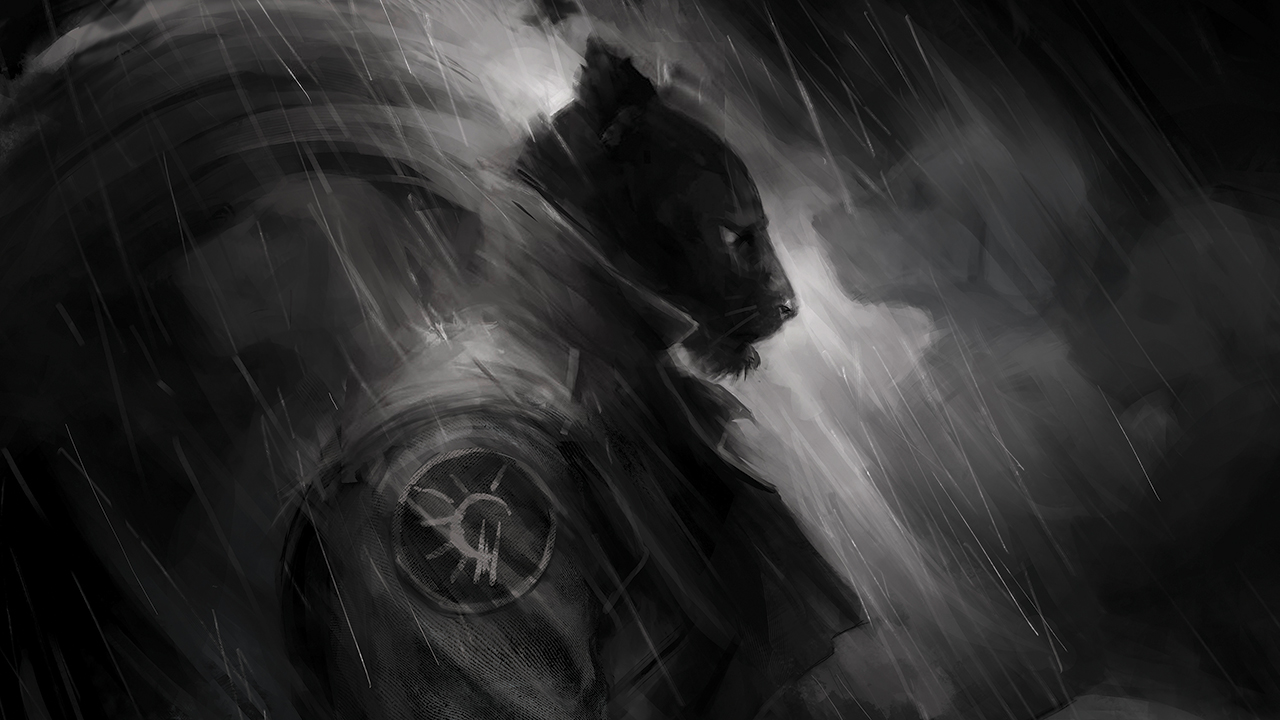Daniel Gildenlöw could easily have led his merry band into the studio to cover similar sonic and compositional ground as 2017’s deeply personal and widely acclaimed In The Passing Light Of Day, and there would have been few complaints from aficionados. However, if anything has become clear about Gildenlöw throughout the three decades that Pain Of Salvation have been a going concern, it’s that he seldom stands still artistically.
While Panther isn’t the departure that 2007’s Scarsick was from its predecessor Be, for instance, it still takes a bit of getting used to. Gildenlöw has said he deliberately looked at quite different sounds for this album, and that’s borne out by even a cursory listen – there’s more emphasis on a variety of keyboard sounds and textures and a distinct move away from brutal, down-tuned bludgeoning metal guitars, and only a couple of obvious solos make the album, both in the epic Icon.
Conceptually, Panther deals with issues of otherness and how those whose abilities or perceptions make them different are reconciled to a world that doesn’t value them. The songs explore this tension and the combination of the lyrics and the vocal delivery throughout create a powerful, emotive, intense and very human set of images.
A feature of Gildenlöw’s writing that gets exercised particularly on Panther is his penchant for playing with polyrhythms, manipulating meters and overlaying odd-times, often leaving the listener wishing for some musical enigma machine to reveal the song’s inner workings. Opener Accelerator kicks in with an off-kilter lope built on keyboards and a seemingly counter rhythmic drum part that disguises exactly where the beat is in a hypnotically jarring manner. Similar juggling with our perception of pulse and rhythm happens in Keen To A Fault and elsewhere. Drummer Léo Margarit does some astounding work keeping up with all the rhythmic shifts and shenanigans.
Stylistically, the band meld dark post-rock with strains of wistful folk in Species while toying with trip-hop in Restless Boy and throwing in a bit of rap in the title track. There are plenty of moments of stylistic familiarity to keep fans happy and, providing a comfortable point of reference, Gildenlöw still possesses one of the most immediately identifiable and extraordinarily versatile voices in modern rock.
Although there are beautiful, elegant vocal lines and instrumental melodies in abundance, this isn’t an easy listening album and it’s unlikely to yield a hit single any time soon. It’s a sometimes elusive beast that rewards the listener the more familiar they become with the shapes in the dark.

